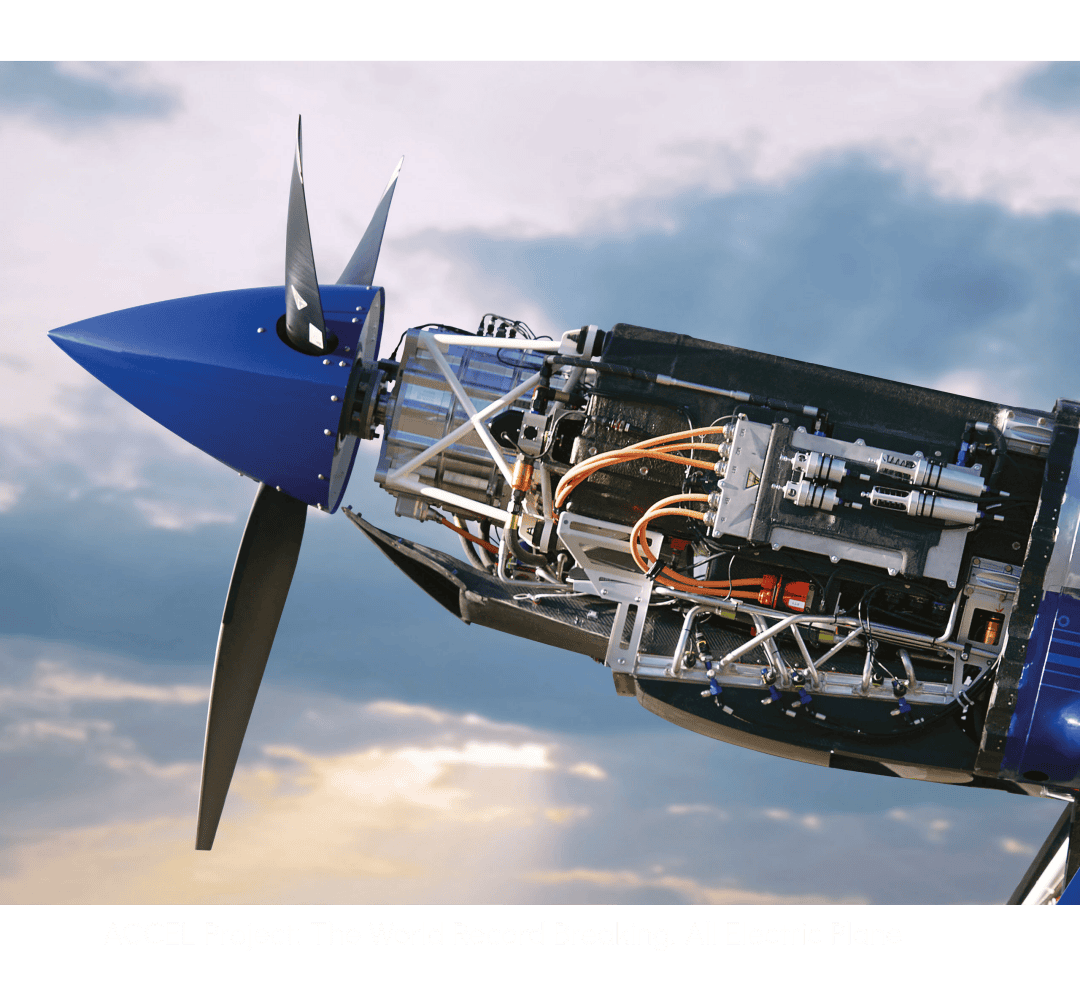
Credits: ecoticias.com
In the midst of the search for new forms of fuel, an engine that runs on water appears. It is said to be better than hydrogen and produces more than 400 hp. If you were surprised by what we told you about the first compressed air model, you can’t miss what’s coming next. We have seen hydrogen as the technology of the future for years.
Ensuring sustainable mobility is one of the great objectives of human beings globally and hydrogen seemed to have many ‘pros’ to be the most sought after fuel to leave aside fossil fuels. Another of the most talked about vehicles in recent times are electric vehicles, which are rapidly gaining ground.
However, they are still far from being as everyday options as gasoline and diesel, which is why new options continue to appear on the market.
Water engine surprises, displaces hydrogen
In addition to the usual use of hydrogen, some engine manufacturers are exploring the possibility of burning hydrogen with combustion engines. This operation is more inefficient, but retains much of the essence of these engines, with a similar feel and engine sound that resembles gasoline.
This concept comes from the hand of the first European hydrogen engine with a trick that we had not seen so far: injecting water. It is true that it still uses H as the current models, but with a different and promising perspective. A feat that comes from the hand of AVL Racetech engineers, experts in the development of technologies for competition and suppliers of teams from Formula 1 to NASCAR.
They have announced on their website the achievement of their two-liter turbocharged combustion model that develops 410 hp of power at 6,500 rpm and delivers a torque of 500 Nm between 3,000 and 4,000 rpm. These figures are recognized in turbocharged gasoline engines of similar power output, which until now have been ranked above hydrogen-burning engines.
Operation of the water engine
To achieve these data, they note that it is important to inject hot water into the intake system. With injectors, they spray water into the intake air manifold, a method that ensures a more homogeneous hydrogen system and avoids premature self-ignition or detonations that could end the engine’s useful life.
The ultimate goal is for this model to work with higher pressure in the combustion chamber by cooling the air coming from the turbocharger. At present, H combustion engines operate with large amounts of customer air that impoverish the mixture, something that will change with this water injection method.
The plan now is to take the hydrogen combustion engine off the test bench and see how it evolves in competition. This stage will be key to demonstrate the reliability of the system and see whether or not it is really viable for large-scale production.
The company claims that it is an interesting option to the fuel cell because it allows transforming gasoline combustion engines to hydrogen, without adding large costs.
The water model has been tested before, but now it could be different.
This type of engine is not new. Other brands such as BMW tried to implement it. In their case, they sprayed water into the manifold to lower the temperature of the air reaching the combustion chamber. With this way of working they managed to control premature self-ignitions caused by excessive temperature.
The water engine could have a second chance and find its place in the market. To achieve this, it will have to compete with other popular options such as the one-stroke model
This story was published in Ecotiecas






